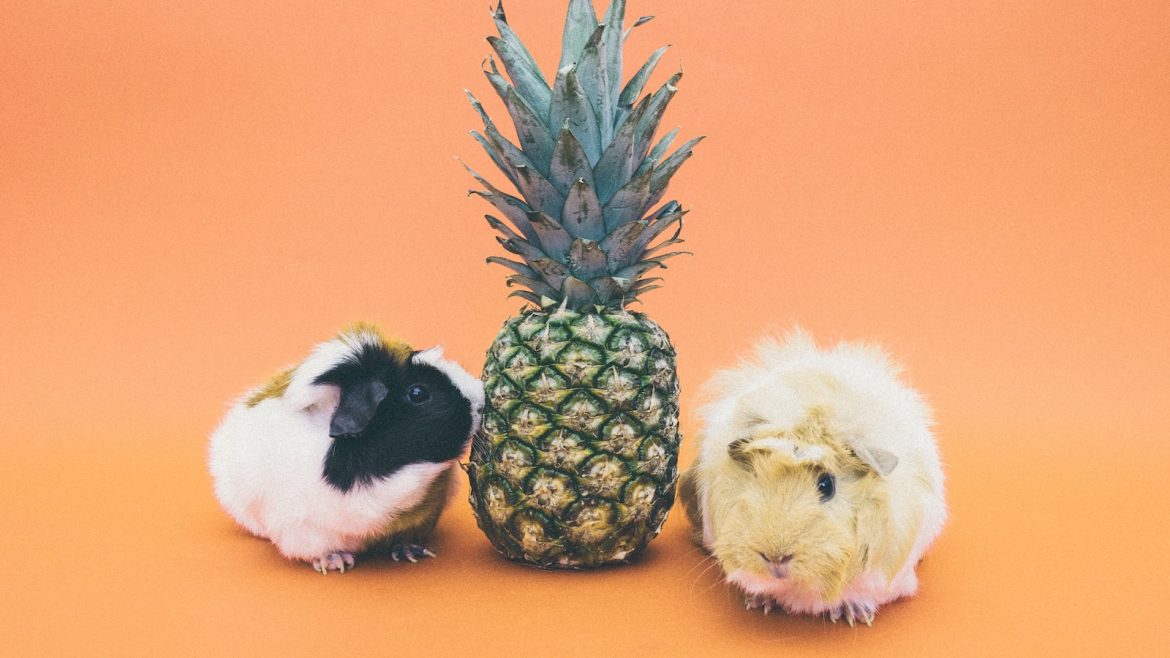As our furry companions age, their dietary needs change just as much as ours do. While we may be tempted to spoil our senior pets with treats and table scraps, it’s important to remember that their health and well-being depend on a balanced diet. Fortunately, there are plenty of options available to help us provide our golden oldies with the nutrition they need to thrive. From specialized senior formulas to homemade meals, let’s explore the world of senior pet diet options and discover how we can help our furry friends enjoy their golden years to the fullest.
1. “Fueling Your Furry Friend’s Golden Years: Senior Pet Diet Options”
As our furry friends age, their dietary needs change. It’s important to provide them with the proper nutrition to maintain their health and vitality. Here are some senior pet diet options to consider:
- Senior-specific pet food: Many pet food brands offer senior-specific formulas that are tailored to meet the needs of aging pets. These formulas often contain lower levels of fat and protein to support weight management and kidney function, as well as added vitamins and minerals to support joint health and cognitive function.
- Home-cooked meals: If you prefer to prepare your pet’s meals at home, there are many recipes available that are specifically designed for senior pets. These recipes often include lean protein sources, such as chicken or fish, as well as vegetables and grains to provide a balanced diet.
- Supplements: In addition to a balanced diet, senior pets may benefit from supplements such as glucosamine and chondroitin to support joint health, and omega-3 fatty acids to support cognitive function.
It’s important to consult with your veterinarian before making any changes to your pet’s diet. They can help you determine the best options for your furry friend based on their individual needs and health status. With the right nutrition, you can help your senior pet live a happy and healthy golden years.
2. “From Kibble to Cuisine: Elevating Your Senior Pet’s Mealtime Experience”
As our furry friends age, their dietary needs and preferences change. It’s important to make mealtime an enjoyable experience for senior pets, as they may have a decreased appetite or difficulty chewing. Here are some tips to elevate your senior pet’s mealtime experience:
– Switch to wet food: Wet food is easier to chew and digest, making it a great option for senior pets. It also has a higher moisture content, which can help prevent dehydration and urinary tract issues. Look for high-quality, grain-free options with real meat as the first ingredient.
– Add some variety: Just like humans, pets can get bored with the same old food every day. Try rotating different flavors and textures of food to keep things interesting. You can also add some healthy toppings like cooked veggies, pumpkin puree, or bone broth to add some extra nutrition and flavor.
Another way to elevate your senior pet’s mealtime experience is to invest in some special feeding accessories:
– Elevated bowls: Elevated bowls can help reduce strain on your pet’s neck and back, making it easier for them to eat and swallow. They also promote better digestion and can help prevent choking and regurgitation.
– Slow-feeders: Slow-feeders are designed to help prevent pets from eating too quickly, which can lead to digestive issues and obesity. They also provide mental stimulation and can help reduce anxiety and boredom.
– Interactive feeders: Interactive feeders are puzzles or toys that dispense food as your pet plays with them. They can help slow down eating, promote mental stimulation, and provide a fun and engaging mealtime experience.
By following these tips and investing in some special feeding accessories, you can help make mealtime a more enjoyable and healthy experience for your senior pet.
3. “A Guide to Senior Pet Nutrition: Providing Optimal Health and Happiness
Senior pets require special attention when it comes to their nutrition. As they age, their bodies undergo changes that affect their metabolism, digestion, and overall health. Providing them with a balanced and nutritious diet is essential to ensure their optimal health and happiness. Here are some tips to guide you in providing the best nutrition for your senior pet:
– Consult with your veterinarian: Before making any changes to your pet’s diet, it’s important to consult with your veterinarian. They can assess your pet’s health and recommend a diet that meets their specific needs. They may also suggest supplements or medications to address any health issues your pet may have.
– Choose high-quality food: Look for food that is specifically formulated for senior pets. These foods are designed to meet the nutritional needs of older pets and may contain ingredients that support joint health, cognitive function, and immune system function. Make sure the food you choose is made from high-quality ingredients and doesn’t contain fillers or artificial preservatives.
– Consider wet food: As pets age, their sense of smell and taste may decline, making it harder for them to enjoy dry kibble. Wet food can be more appealing to senior pets and may also help them stay hydrated. However, be sure to choose a high-quality wet food that doesn’t contain excessive amounts of fat or sodium.
– Watch their weight: Senior pets are more prone to weight gain, which can lead to health problems such as arthritis and diabetes. Make sure you’re feeding your pet the appropriate amount of food for their age, breed, and activity level. If your pet is overweight, your veterinarian may recommend a weight loss plan that includes a special diet and exercise.
– Provide plenty of water: Older pets may have a harder time staying hydrated, so make sure they have access to fresh water at all times. You may also want to consider adding water to their food to help them stay hydrated.
– Offer treats in moderation: Treats can be a great way to reward your pet and show them affection, but they should be given in moderation. Too many treats can contribute to weight gain and other health problems. Look for treats that are specifically formulated for senior pets and don’t contain excessive amounts of fat or sodium.
By following these tips, you can help ensure your senior pet receives the nutrition they need to stay healthy and happy in their golden years. Remember to consult with your veterinarian before making any changes to your pet’s diet and to monitor their weight and overall health regularly. With the right nutrition and care, your senior pet can enjoy a long and happy life by your side. As our furry friends enter their golden years, it’s important to remember that their dietary needs may change. With a variety of senior pet diet options available, there’s no need to sacrifice taste or nutrition. From specialized kibble to homemade meals, there’s something for every senior pet. By providing our aging companions with the proper nutrition, we can ensure they continue to live their best lives. So let’s raise a bowl to our golden oldies and their golden meals!

